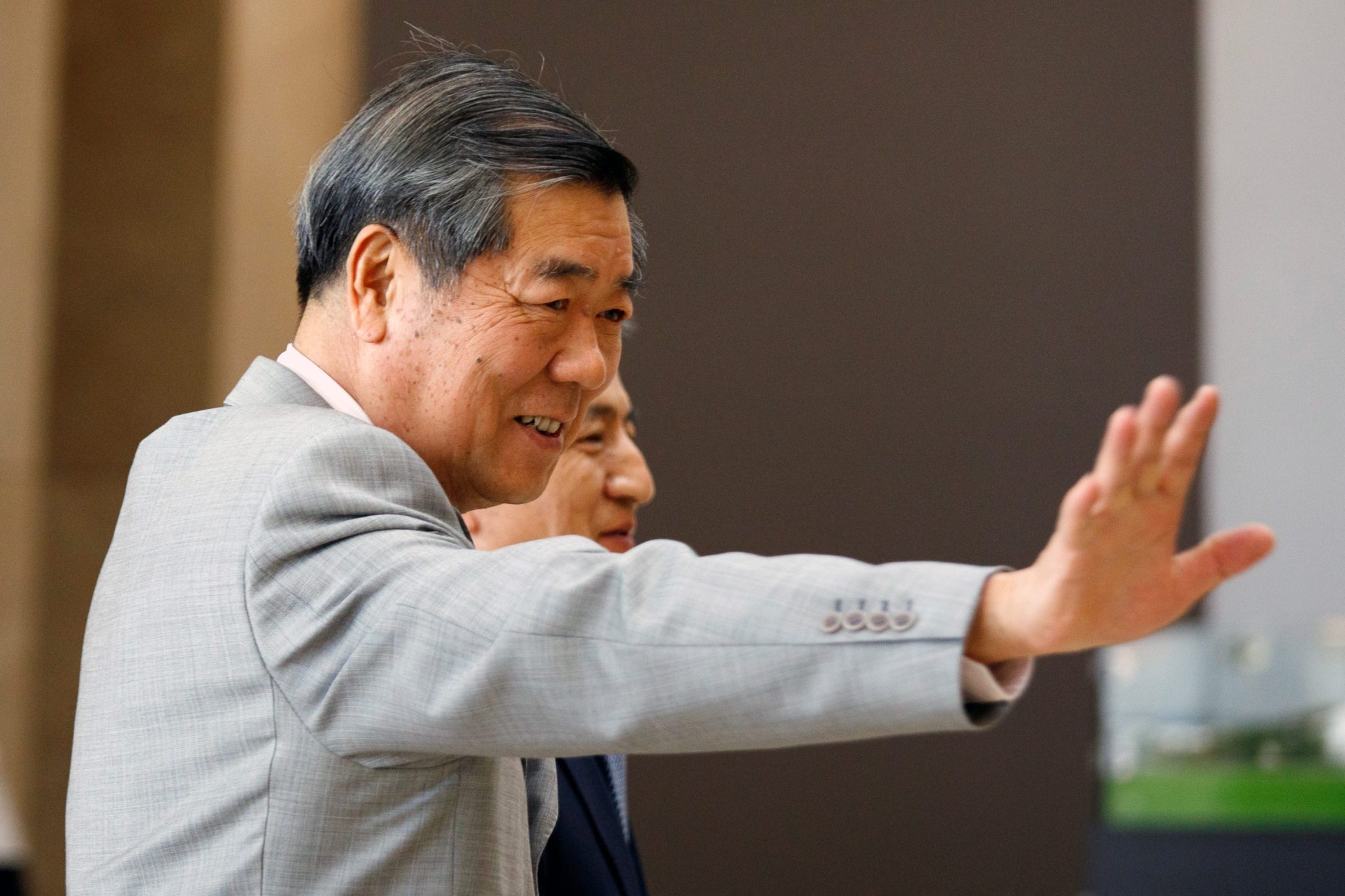
Top U.S. and Chinese officials met in Malaysia on Saturday to lay the groundwork for a summit between Donald Trump and Xi Jinping, with some on Wall Street saying Beijing overplayed its hand by imposing draconian restrictions on rare earth exports.
Treasury Secretary Scott Bessent and Chinese Vice Premier He Lifeng held negotiations that the U.S. characterized as constructive. But sources told the Financial Times China was reluctant to ease the export controls.
If Beijing refuses to budge and talks between Trump and Xi on Thursday don’t result in a deal to roll back export controls, U.S. tariffs on China would soar to 157%. In addition, other countries may increasingly side with Washington, overcoming earlier backlash against the U.S. over Trump’s global tariffs.
“As China’s leader Xi Jinping stands firm on implementing sweeping export controls on rare-earths and other critical minerals, signs are mounting that Asia’s biggest economy has gone too far this time,” Yardeni Research said in a note on Tuesday.
For example, officials in Europe and Japan joined the U.S. in denouncing China’s export controls, which could curb the supply materials that are critical to a wide range of industries.
The negative response to Beijing’s tactics also prompted the G7 to vow a united front against the export controls, Yardeni pointed out.
The often unilateral Trump administration has spotted an opportunity to flip the script and even discovered a taste for multilateralism, with Bessent saying recently he will huddle with Australia, Canada, India and Asian democracies to formulate a collective response.
For its part, China has blasted U.S. efforts to limit software and chip exports, while also shifting trade toward other countries to offset the plunge in exports to America.
“Yet Xi’s latest trade war tactic may be tipping the geostrategic balance back toward the US as companies around the world think better of doing business in China generally,” Yardeni said.
Meanwhile, the U.S. is scrambling to develop alternative sources of rare earths and turning to allies like Australia, though new supplies could take years to reach the market.
Trump also has formidable trade weapons of his own to deploy against China in the event he seeks to ratchet up U.S. retaliation.
But he has signaled he’d rather reach a deal and softened his tone recently, saying last week that he is “not looking to destroy China” after previously warning he could.
And while speaking to reporters aboard Air Force One en route to Malaysia, Trump was open to a compromise.
“Sure they’ll have to make concessions. I guess we will too,” he said. “We’re at 157% tariff for them. I don’t think that’s sustainable for them. They want to get that down, and we want certain things from them.”
